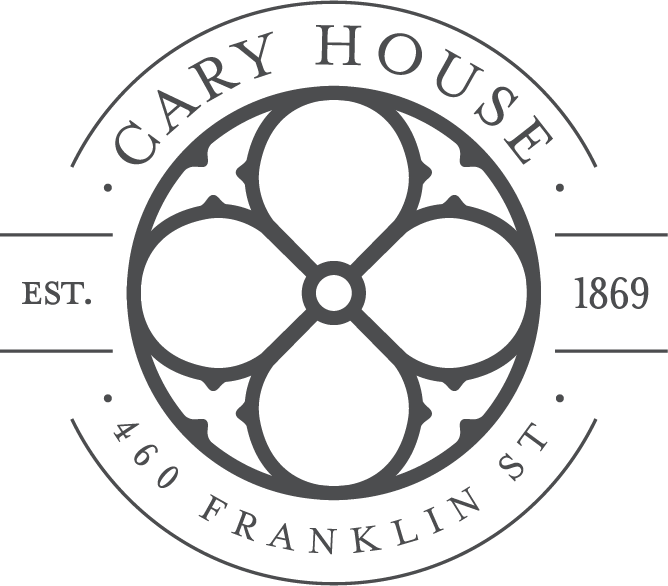MEGAN ROGERS
Certified Breastfeeding Specialist
lactation support
Body-feeding is biologically natural. However it is a skill that needs to be learned by both the lactating individual and baby. It is easy to become frustrated, confused, and anxious about this journey. As a Certified Breastfeeding Specialist I am here to support you throughout all aspects of your journey. Body-feeding and the support needed can look vastly different person to person.
A Certified Breastfeeding Specialist is a health professional who specializes in breastfeeding (bodyfeeding/chestfeeding). Lactation consultants are helpful to all lactating individuals — whether you are a first-time parent, a surrogate lactating parent, or anyone who has had previous experience body-feeding. You can visit a lactation consultant while pregnant, right after you give birth, or several months into breastfeeding.
Megan Rogers, became a Certified Breastfeeding Specialist(CBS) through Lactation Education Resources. Pursuing further education through the Healthy Children Project working toward her IBCLC. Megan strives to create a non-judgmental supportive space for all who choose to feed their babies with their body. When you work with Megan, you are working with an experienced bodyfeeding parent who once struggled with her own lactation journey.
From Megan, “With my first, I had zero examples of breastfeeding in my family and I was literally trying to survive with a baby who was in the 3rd percentile and nursed every hour. I was on Dr. Google all the time and endured harsh words from unsupportive staff at the pediatrics office. Finding community support from a postpartum doula and a trained lactation professional helped. Working with a Lactation Specialist I was able to find the path forward that best served my baby’s health and my goals with their knowledge.”
What specifically can a lactation consultant help with?
Anything breast/chest/body-feeding related!
inducing lactation for a non-birthing parent
under/oversupply
lip and tongue tie assessment
latch and positioning
sore, cracked, or painful nipples
bodyfeeding in a baby-carrier
pumping & flange fitting
returning to work & creating pump schedules
bottle feeding
milk storage
& even formula education and supplementation

